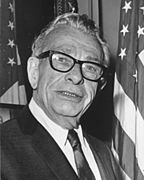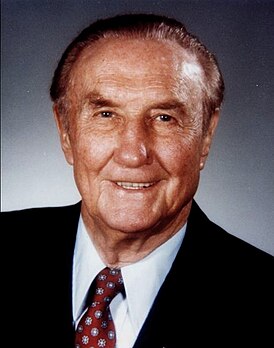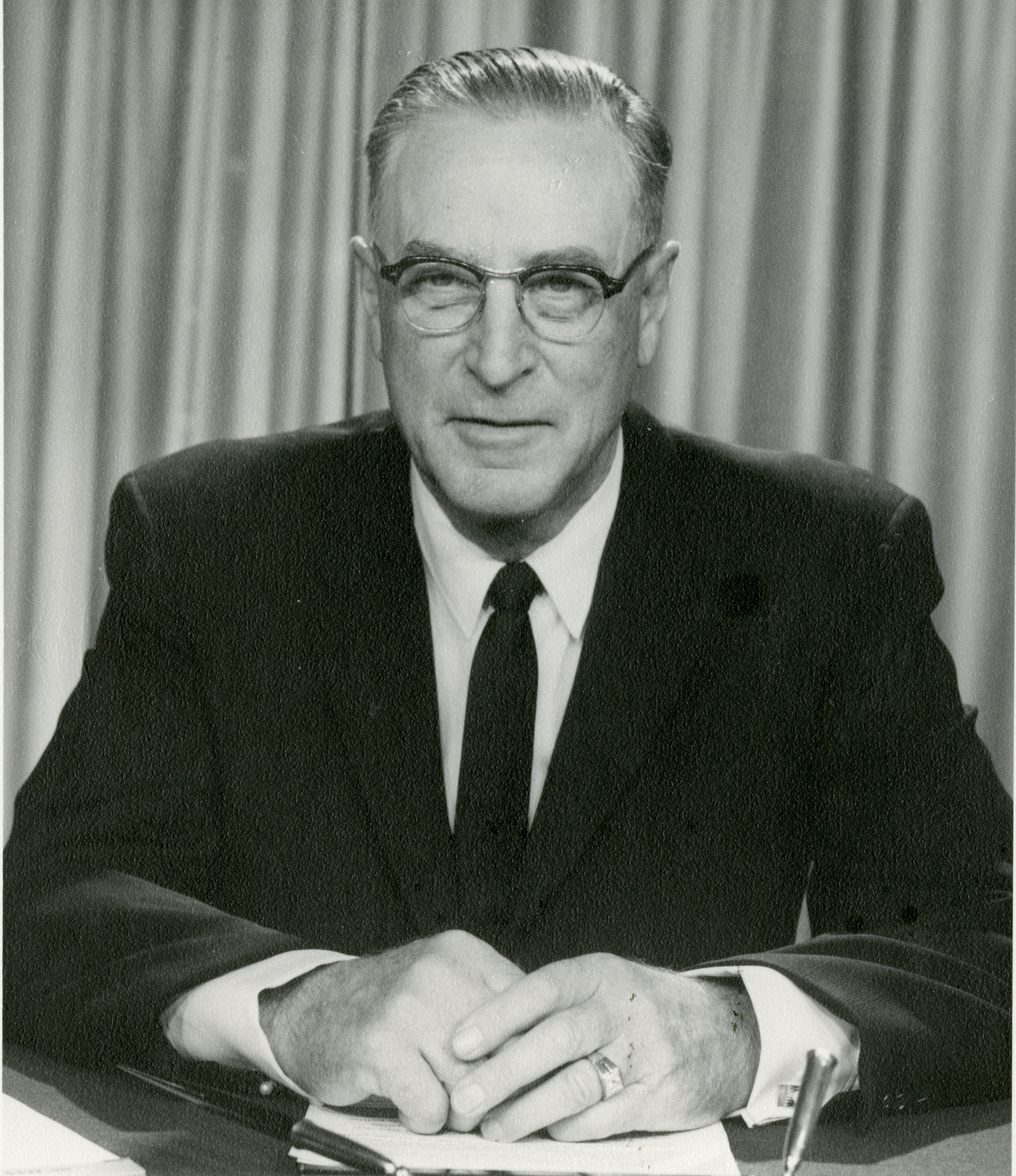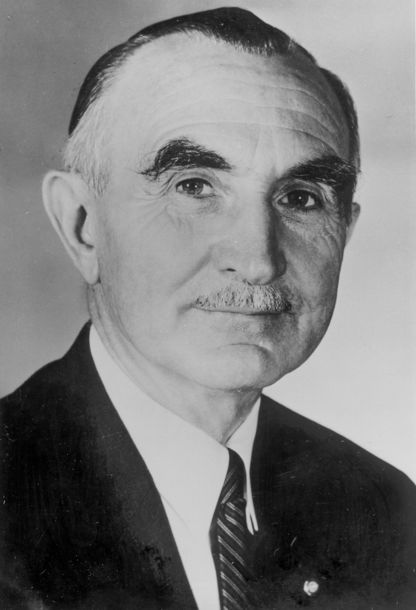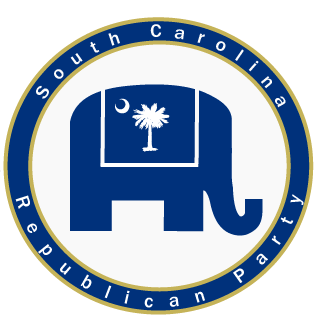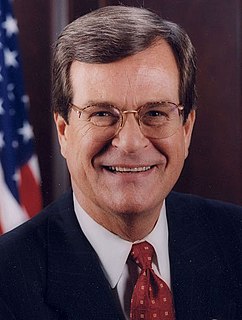
The 1998 United States Senate elections were held on November 3 and seen as an even contest between the Republican Party and Democratic Party. While the Democrats had to defend more seats up for election, Republican attacks on the morality of President Bill Clinton failed to connect with voters and anticipated Republican gains did not materialize. The Republicans picked up open seats in Ohio and Kentucky and narrowly defeated Democratic incumbent Carol Moseley Braun (Illinois), but these were cancelled out by the Democrats' gain of an open seat in Indiana and defeats of Republican Senators Al D'Amato and Lauch Faircloth. The balance of the Senate remained unchanged at 55–45 in favor of the Republicans. With Democrats gaining five seats in the House of Representatives, this marked the first time since 1934 that the out-of-presidency party failed to gain congressional seats in a mid-term election, and the first time since 1822 that the party not in control of the White House failed to gain seats in the mid-term election of a President's second term. These are the last senate elections that resulted in no net change in the balance of power.

The 1986 United States Senate elections was an election for the United States Senate in the middle of Ronald Reagan's second presidential term. The Republicans had to defend an unusually large number of freshman Senate incumbents who had been elected on President Ronald Reagan's coattails in 1980. Democrats won a net of eight seats, defeating seven freshman incumbents and regaining control of the Senate for the first time since January 1981. The party not controlling the presidency gained seats, as usually occurs in mid-term elections.

The 1978 United States Senate elections in the middle of Democratic President Jimmy Carter's term. Thirteen seats changed hands between parties. The Democrats at first lost a net of two seats to the Republicans, and then one more in a special election. Democrats nevertheless retained a 58-41 majority.

The 1976 United States Senate elections was an election for the United States Senate that coincided with Democratic Jimmy Carter's presidential election and the United States Bicentennial celebration. Although almost half of the seats decided in this election changed parties, Carter's narrow victory did not provide coattails for the Democrats, and the balance of the chamber remained the same.

The 1970 United States Senate elections was an election for the United States Senate, taking place in the middle of Richard Nixon's first term as President. The Democrats lost a net of three seats, while the Republicans and the Conservative Party of New York picked up one net seat each, and former Democrat Harry F. Byrd Jr. was re-elected as an independent.

The 1968 United States Senate elections were elections for the United States Senate which coincided with the presidential election. Although Richard Nixon won the presidential election narrowly, the Republicans picked up five net seats in the Senate. Republicans would gain another seat after the election when Alaska Republican Ted Stevens was appointed to replace Democrat Bob Bartlett.

The 1966 United States Senate elections was an election on November 8, 1966 for the United States Senate which occurred midway through the second term of President Lyndon B. Johnson. With divisions in the Democratic base over the Vietnam War, and with the traditional mid-term advantage of the party not holding the presidency, the Republicans took three Democratic seats. Despite Republican gains, the balance remained overwhelmingly in favor of the Democrats, who retained a 64–36 majority. This was also the first election that occurred after the Voting Rights Act of 1965 became law.

The 1964 United States Senate elections coincided with the election of President Lyndon B. Johnson by an overwhelming majority, to a full term. His Democratic Party picked up a net two seats from the Republicans. As of 2019, this is the last time either party has had a two-thirds majority in the Senate, which would have hypothetically allowed the Senate Democrats to override a veto, convict and expel certain officials, or invoke cloture without any votes from Republicans. The Senate election coincided with Democratic gains in the House in the same year.
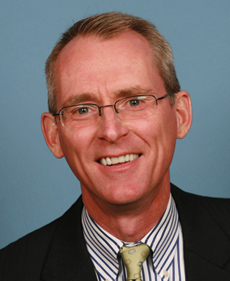
Robert Durden Inglis Sr. is an American politician who was the U.S. Representative for South Carolina's 4th congressional district from 1993 to 1999 and again from 2005 to 2011. He is a member of the Republican Party. Inglis was unseated in the Republican primary runoff in 2010.
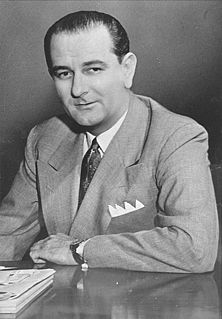
The 1956 United States Senate elections were elections for the United States Senate that coincided with the re-election of President Dwight D. Eisenhower. Although the Democrats gained two seats in regular elections, the Republicans gained back two seats in special elections, leaving the party balance of the chamber remained unchanged.

The 1954 United States Senate elections was a midterm election in the first term of Dwight D. Eisenhower's presidency. Eisenhower's Republican party lost a net of two seats to the Democratic opposition. This small change was just enough to give Democrats control of the chamber with the support of an Independent who caucused with them.

The United States Senate elections of 1926 were elections for the United States Senate that occurred in the middle of Republican President Calvin Coolidge's second term. The Republican majority was reduced by six seats.

The United States Senate elections of 1924 were elections for the United States Senate which coincided with the election of Republican President Calvin Coolidge to a full term. The strong economy and Coolidge's popularity helped Republican candidates increase their majority by four, although several interim appointments had worsened their numbers since the 1922 election; as a result, the party achieved a net gain of only one seat since the previous voting cycle.
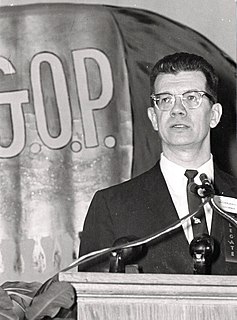
William Douglas Workman Jr., known as W. D. Workman Jr., was a journalist, author, and a pioneer in the development of the 20th century South Carolina Republican Party. He carried his party's banner as a candidate for the United States Senate in 1962 and for the governorship in 1982. He lost to the Democrats, Olin D. Johnston and Richard Riley, respectively.
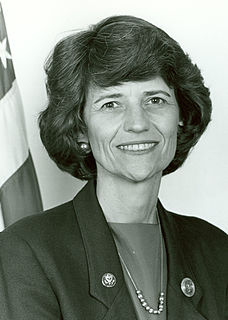
Elizabeth Johnston Patterson was an American politician from the Democratic Party. She was a three-term member of the United States House of Representatives. Her father, Olin D. Johnston, served as Governor of South Carolina and as a long-term member of the United States Senate.

The 1966 South Carolina United States Senate special election was held on November 8, 1966 to select the U.S. Senator from the state of South Carolina. The election resulted from the death of Senator Olin D. Johnston in 1965. Then Governor Donald S. Russell entered in a prearranged agreement with Lieutenant Governor Robert Evander McNair in which Russell would resign his post so that he could be appointed Senator. However, former Governor Fritz Hollings won the Democratic primary election and went on to beat Republican state senator Marshall Parker in the general election to fill the remaining two years of the unexpired term.

The 1966 South Carolina United States Senate election was held on November 8, 1966 to select the U.S. Senator from the state of South Carolina simultaneously with the special election to fill out the remainder of Olin D. Johnston's term. Incumbent Senator Strom Thurmond, who had switched parties from Democratic to Republican in 1964, easily defeated state senator Bradley Morrah in the general election.

The 1968 South Carolina United States Senate election was held on November 5, 1968, to select the U.S. Senator from the state of South Carolina. Incumbent Democratic Senator Fritz Hollings easily defeated Republican state senator Marshall Parker in a rematch of the election two years earlier to win his first full term.

The 1962 South Carolina United States Senate election was held on November 6, 1962 to select the U.S. Senator from the state of South Carolina. Incumbent Democratic Senator Olin D. Johnston defeated Governor Fritz Hollings in the Democratic primary and Republican W. D. Workman, Jr. in the general election.




